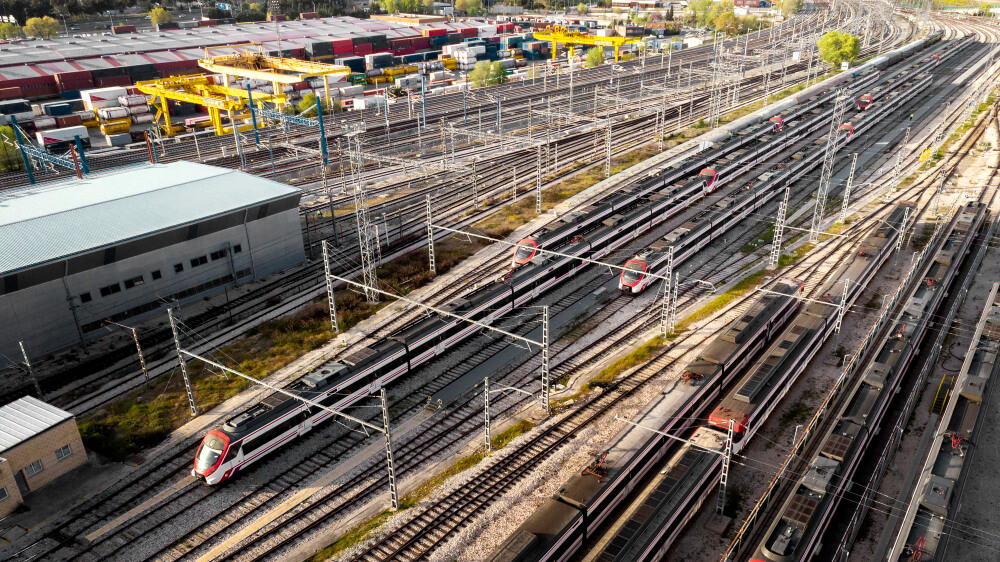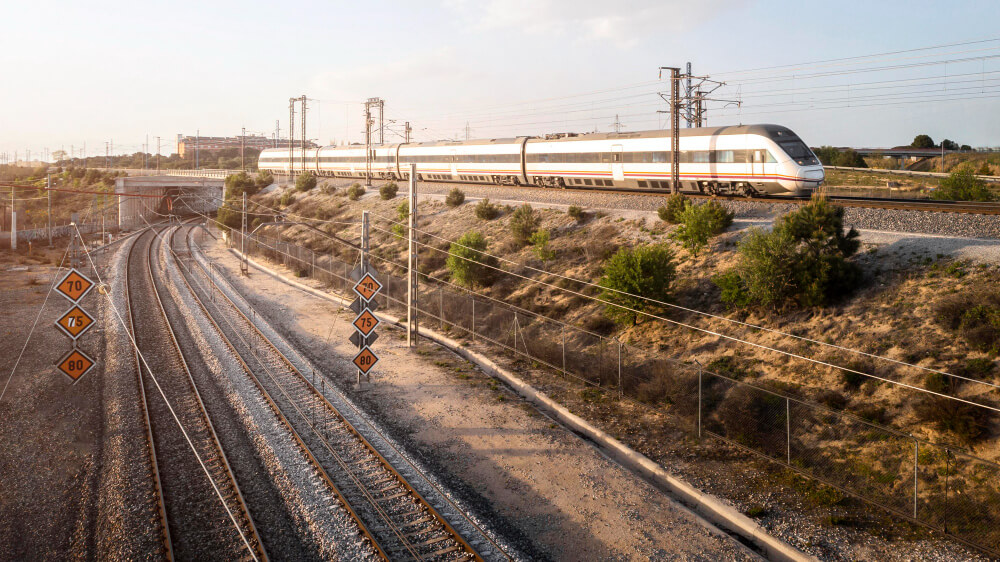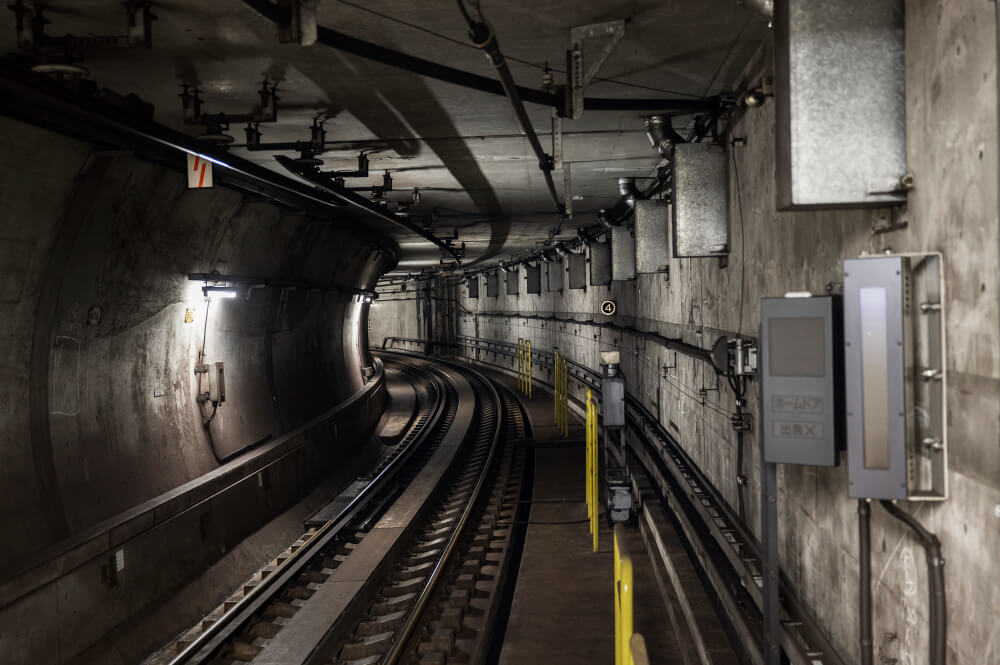The railway industry has always been a cornerstone of land transport, enabling the efficient movement of people and goods across various territories. With technological advancements, artificial intelligence (AI) has begun to play a crucial role in modernizing and optimizing railway systems. From predictive maintenance to route optimization and enhanced safety, AI is transforming how trains and the infrastructure supporting them operate. At Wiinspect, we explain the applications of artificial intelligence in the railway industry.
Predictive Maintenance and Asset Management
One of the most notable applications of artificial intelligence in the railway industry is predictive maintenance. By using machine learning algorithms, AI systems can analyze data from sensors installed on trains and tracks to predict failures before they occur. This capability allows railway companies to perform preventive interventions, significantly reducing downtime and costs associated with reactive maintenance. Additionally, asset management benefits from optimizing the lifecycle of critical components, ensuring more efficient and prolonged operation of equipment.

Route Optimization and Energy Efficiency
Route optimization is another area where artificial intelligence is making a considerable difference. By analyzing large volumes of data, AI algorithms can identify the most efficient routes for trains, considering factors such as passenger demand, railway traffic conditions, and terrain characteristics. This optimization not only improves service punctuality but also contributes to reducing energy consumption. AI systems can adjust train speeds and manage energy use more efficiently, leading to lower environmental impact and significant cost savings for operating companies.
Enhancing Railway Safety
Safety is a primary concern in the railway industry, and artificial intelligence is playing a vital role in this aspect. AI systems can continuously monitor tracks and trains, detecting anomalies that could pose potential risks. For example, computer vision algorithms can identify cracks or deformations in tracks, alerting operators before these faults can cause accidents. Additionally, AI systems can analyze patterns of behavior from passengers and staff, identifying actions that could lead to dangerous situations and enabling early intervention.
Automation and Operation of Autonomous Trains
Automation in train operations is perhaps one of the most futuristic applications of artificial intelligence in the railway industry. Autonomous trains, which operate without direct human intervention, are already being tested and used in some parts of the world. These trains use a combination of AI technologies, such as computer vision, deep learning, and advanced navigation systems, to operate safely and efficiently. Full automation of trains can enhance punctuality, reduce human error, and increase the operational capacity of the railway system, providing a more reliable and consistent service.
Intelligent Railway Traffic Management
Managing railway traffic is a complex task that requires precise coordination and planning. Artificial intelligence can simplify this process by implementing traffic control systems that analyze real-time conditions of the railway network. These systems can automatically adjust train schedules, reschedule services in case of disruptions, and manage traffic at congestion points, ensuring a continuous and efficient flow. Additionally, AI can help predict and mitigate the impacts of unexpected events, such as adverse weather conditions or technical failures, minimizing disruptions and enhancing the overall passenger experience.
Data Analysis and Continuous Improvement
Data analysis is a powerful tool that allows railway companies to make informed and strategic decisions. Artificial intelligence facilitates the analysis of large datasets collected from various sources, such as sensors, cameras, and operations management systems. By interpreting this data, AI algorithms can identify trends, patterns, and areas for improvement that might not be evident otherwise. This deep analytical capability enables continuous improvement of operational processes, service planning, and the implementation of new technologies, keeping the railway industry in constant evolution.
The integration of artificial intelligence into the railway industry is redefining the limits of what is possible in terms of efficiency, safety, and sustainability. From predictive maintenance to autonomous train operations, AI offers innovative solutions that enhance every aspect of the railway system. As technology continues to advance, it is likely that we will see even more applications of artificial intelligence that will transform how trains are operated and managed, benefiting both operators and end users.







